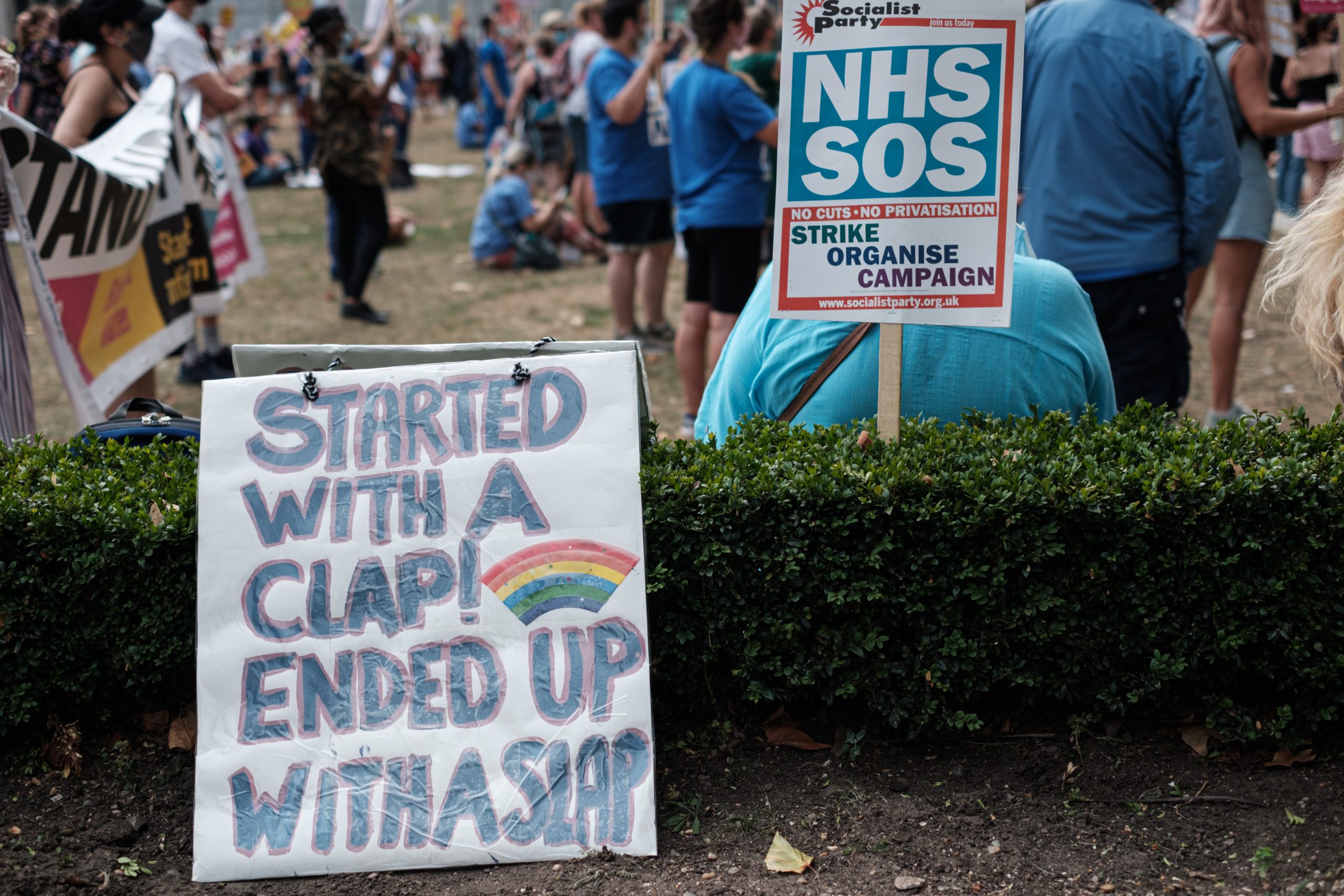Since the start of the pandemic, suicide rates amongst those in the healthcare industry have increased by at least 20%, according to data from the Office for National Statistics.
The significant increase underlines the strain that medical professionals have been under during the last eighteen months, with hospitals, clinics and doctors surgeries all being stretched to their limits since the Coronavirus pandemic began in March 2020.
The data by the ONS reveals that there were 83 suicides amongst medical professionals in 2019.
53 of these deaths occurred within the first 6 months of the year, a figure that increased by 21% to 64 suicides between January to June last year according to the data.
Although the official lockdown was only enforced at the end of March, this increase indicates that the strain of the first wave had a serious impact on the mental health of many doctors, nurses and healthcare assistants.
Whilst the suicide figures have not yet been confirmed for the full year, it is expected that numbers will have continued to stay high through the second and third national lockdowns, with research from The Laura Hyde Foundation revealing that over 220 nurses alone tried to commit suicide last year.
Now, in honour of World Suicide Prevention Day on 10th September, Virtual College is offering a free ‘Guide to Mental Health and Wellbeing’ resource, which helps to improve awareness of our own wellbeing and offers advice on how to support others with their mental health.
Hannah Brindle, Managing Director at Virtual College, said: “The pandemic and restrictions to our social interactions have put a spotlight on the need for all of us to protect our mental health and general wellbeing. Dealing with loneliness and isolation as a result of the numerous Covid lockdowns has driven many of us to take stock of what’s really important in life, and to develop and improve our mental health and overall resilience.
“To support this effort, Virtual College is extremely proud to offer this free learning resource that supports us better in looking after our mental health and wellbeing. This guide offers advice on techniques that have helped others overcome their difficulties when struggling with a variety of mental health illnesses and aims to bring some comfort in the knowledge that they are not alone in dealing with their issues.”
The resource focuses on wellbeing topics including mindfulness, exercise, practical approaches, self-awareness and reflection, and takes a holistic approach to mental health by recognising that every person will deal with this in different ways.
Furthermore, Virtual College offers a ‘Mental Health and Wellbeing Resource Pack’ that breaks down the best way to respond if someone tells you they are struggling with or showing signs of mental health issues, along with how you can be there for them and offer support.
The training provider also has a ‘Suicidal Thoughts’ course available, aimed at helping with understanding, identifying and reducing the risk of suicide.
Whilst doctors and nurses are one of the higher-risk groups, everyone’s mental health has been affected by the pandemic so it is important that people can recognise the signs and know how to offer help to friends, colleagues and family members.







